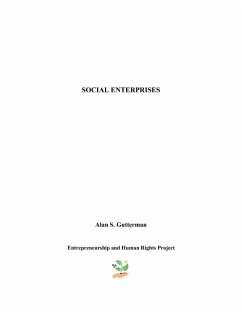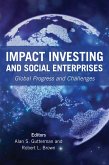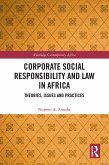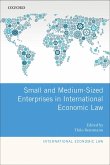For a long time, a significant potential impediment for sustainability initiatives that required investment of resources in activities that may appear to be unrelated to the traditional focus of corporations on maximizing profits for the stockholders was the fiduciary duties of the directors of the corporation. However, as time has gone by, support has developed and increased for expanding the beneficiaries of the directors' fiduciary duties beyond shareholders to other constituencies, or stakeholders, such as employees, customers, members of the local communities in which the corporation operates and society. One of the byproducts of this evolution has been the decision of politicians in a majority of the states and the District of Columbia to endorse and formalize what has been referred to as the constituency theory of the corporation by adopting statutes that permit the formation of "benefit corporations", a new form of for-profit corporation that explicitly expands the fiduciary duties of directors beyond maximizing shareholder value, which is still one of the primary goals of a corporation, to include consideration of whether or not the corporation's activities have an overall positive impact on society, their workers, the communities in which they operate and the environment. As benefit corporations have emerged, other strategies for structuring social enterprises have been proposed, with varying degrees of success and acceptance, and companies are experimenting with hybrid structures that integrate different for-profit and non-profit legal entities to pursue an environmental or social objective along with financial viability. This book discusses the driving forces behind, and the costs and challenges associated with, social enterprises; the various legal structures that have been suggested for social enterprises; the key elements of benefit corporations and the issues that must be considered when organizing such entities; the relationship of social enterprises to certification and reporting frameworks; social enterprises recognized in jurisdictions outside of the United States; and the relationship between social enterprises and impact investing.
Dieser Download kann aus rechtlichen Gründen nur mit Rechnungsadresse in A, B, CY, CZ, D, DK, EW, E, FIN, F, GR, H, IRL, I, LT, L, LR, M, NL, PL, P, R, S, SLO, SK ausgeliefert werden.









